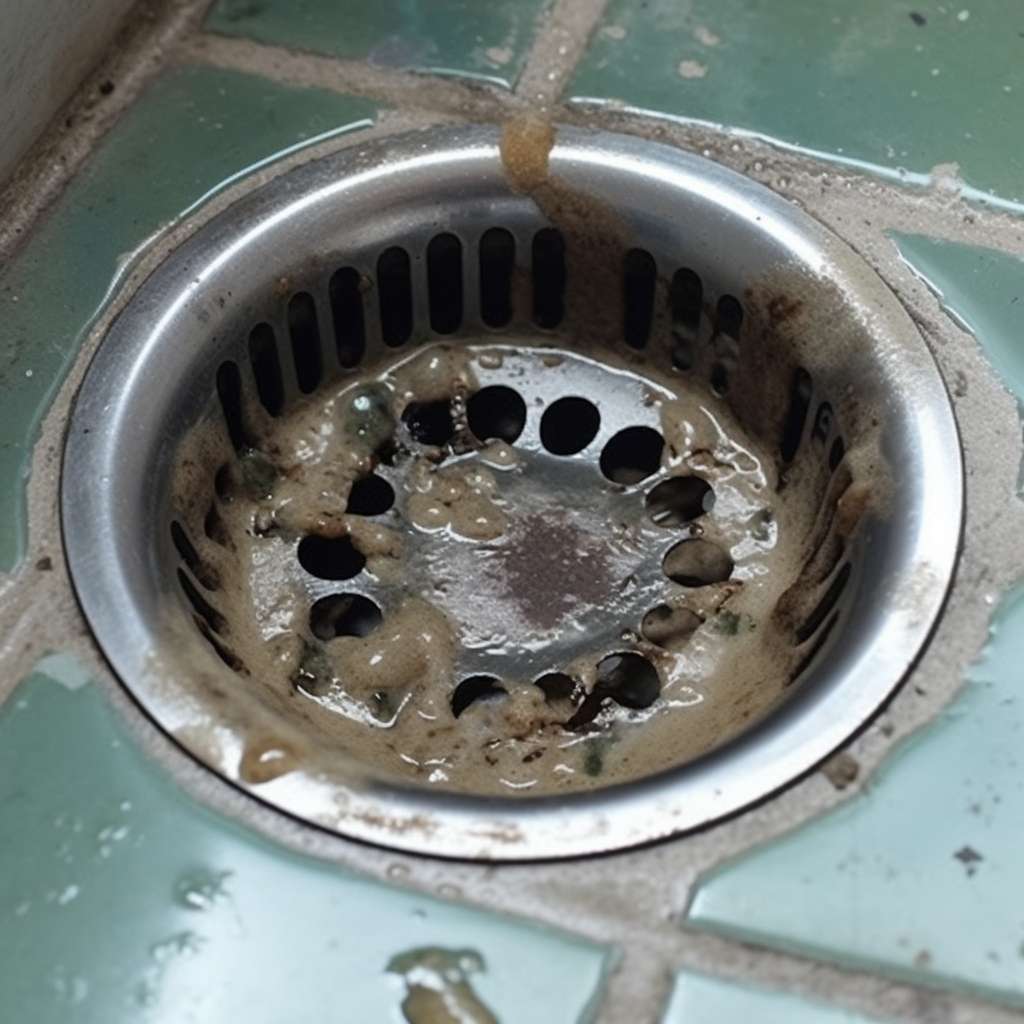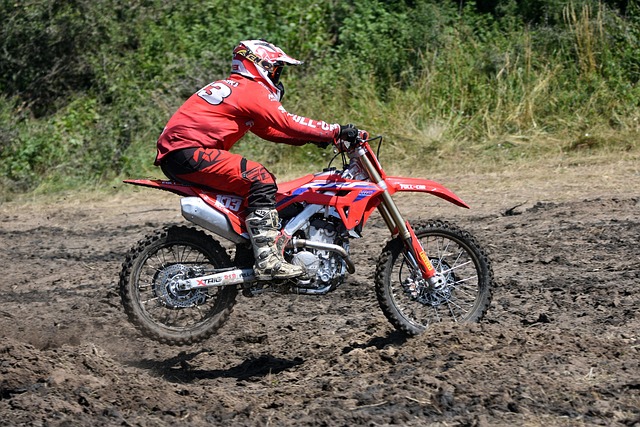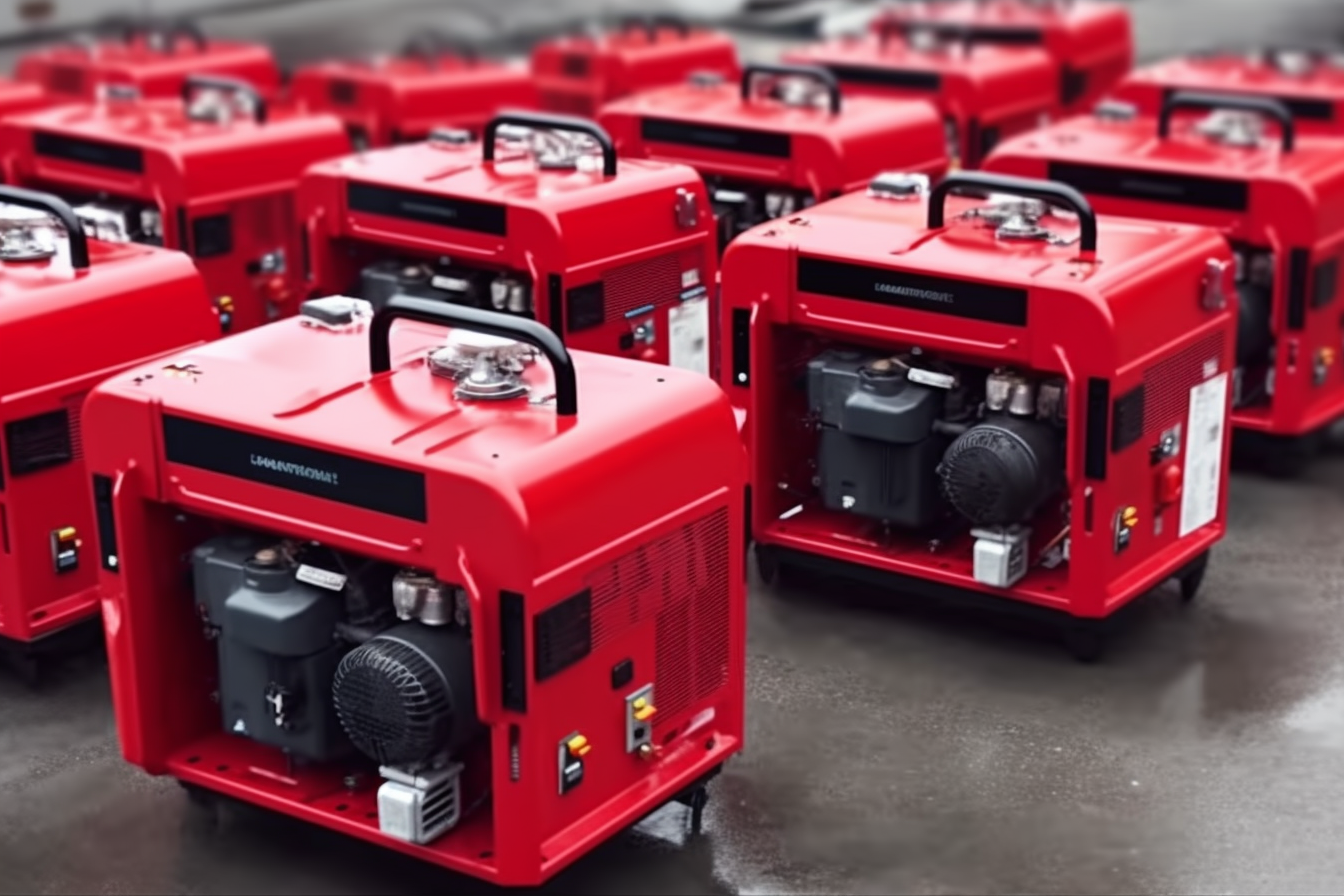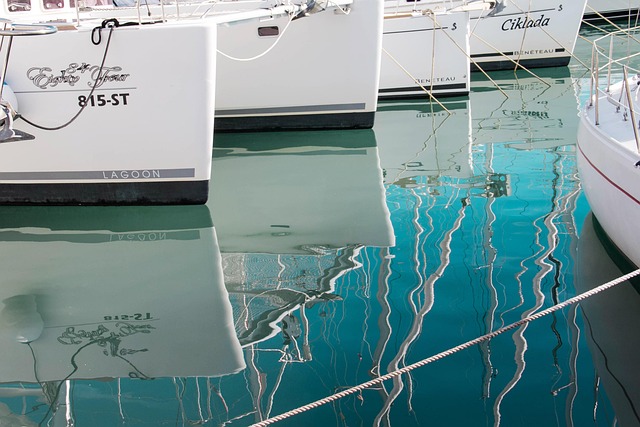DIY Drain Cleaning: 10 Effective Methods for Quick and Easy Clogs
Dealing with clogged drains is a common household nuisance that can disrupt daily routines. Whether it's a slow-draining sink or a completely blocked pipe, understanding effective cleaning methods can save time and money while preventing more serious plumbing issues. Here's a comprehensive guide to the most reliable drain cleaning techniques you can try before calling a professional.

What Causes Most Common Drain Clogs?
Drain clogs typically result from a buildup of hair, soap scum, grease, food particles, and mineral deposits. In kitchen sinks, food waste and cooking oils are primary culprits, while bathroom drains often suffer from accumulated hair and soap residue. Understanding these causes helps in choosing the most effective cleaning method and preventing future blockages.
How Can Boiling Water and Salt Clear Drains?
One of the simplest fast drain cleaning methods involves pouring boiling water down the drain, followed by a half cup of salt. The hot water helps dissolve fatty deposits and organic matter, while salt acts as a natural scouring agent. Let it sit for 15 minutes, then flush with more boiling water. This method works best for minor grease-based clogs.
What’s the Baking Soda and Vinegar Method?
This popular easy drain cleaning hack combines one cup of baking soda followed by one cup of white vinegar. The resulting chemical reaction creates a foam that helps break down clogs. Cover the drain for 15 minutes, then flush with hot water. This natural solution is particularly effective for slow-draining sinks and minor blockages.
Which Physical Cleaning Tools Work Best?
Several manual tools can effectively clear drains:
-
Plumber’s snake or auger
-
Plastic drain cleaning strips
-
Plunger
-
Wire hanger (straightened and hooked)
Each tool serves different purposes, with snakes being most effective for deeper clogs and plungers working well for surface blockages.
When Should You Use Chemical Drain Cleaners?
While chemical cleaners can be effective, they should be used sparingly as they can damage pipes with frequent use. Always follow manufacturer instructions carefully and never mix different chemical cleaners. For best results, use enzyme-based cleaners for regular maintenance rather than harsh chemicals for emergency clogs.
What Professional Drain Cleaning Methods Are Available?
| Method | Average Cost | Best For |
|---|---|---|
| Hydro Jetting | $300-500 | Severe blockages |
| Snaking/Augering | $100-250 | Standard clogs |
| Camera Inspection | $200-400 | Diagnostic purposes |
| Chemical Treatment | $50-150 | Minor blockages |
Prices, rates, or cost estimates mentioned in this article are based on the latest available information but may change over time. Independent research is advised before making financial decisions.
Professional plumbers use advanced techniques like hydro jetting, which uses high-pressure water to clear stubborn blockages, and video camera inspections to identify the exact location and nature of clogs. While more expensive than DIY methods, professional services may be necessary for persistent or severe blockages.
Remember that prevention is often better than cure. Regular maintenance using natural cleaners, proper disposal of waste, and installing drain strainers can significantly reduce the frequency of clogs and the need for intensive cleaning methods.




